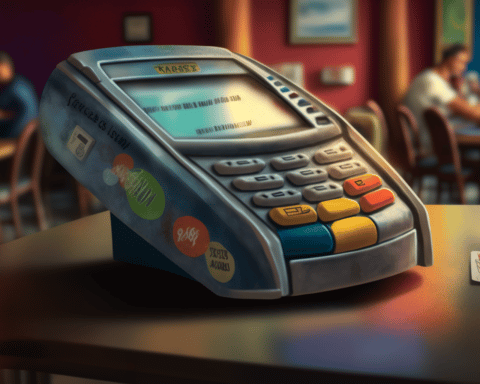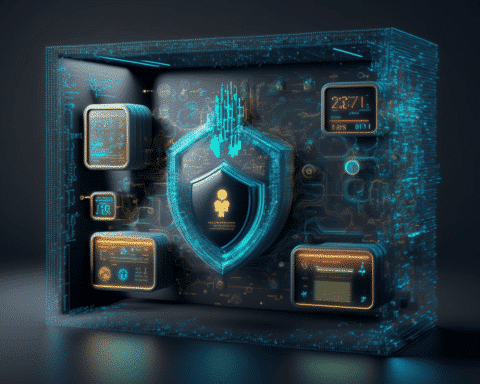Tokenization, a buzzword in the tech industry, is no longer just a concept but a phenomenon that requires more understanding. It was introduced in 2001 as a solution to protect sensitive data such as credit card details from cyberattacks and data thefts. However, tokenization has since evolved and now holds immense potential, continually advancing alongside blockchain technology.
According to a recent report, the global tokenization market is projected to grow from $2.3 billion in 2021 to $5.6 billion by 2025, with an average annual growth rate of 19%. But what exactly is tokenization and why is it gaining so much attention?
Tokenization and Its Benefits
Tokenization goes beyond cybersecurity and implies the conversion of tangible assets into a digital equivalent through a blockchain, ensuring improved tradability and liquidity. Tokenization provides several benefits, including increased security, improved liquidity, quicker settlement times, reduced costs, and strengthened risk management.
Security is a significant advantage of tokenization as it creates a unique address that ensures strong data protection through access control, automatic rights transfer, and remote decentralized file storage. It’s efficient, diminishing transaction time by allowing 24×7 trading, triggering smart contracts based on predefined parameters, and shortening settlement times from T+2 to near-real-time transactions.
Tokenization also provides flexibility by allowing assets to be divided into smaller pieces, making them available for a broader array of investors. It offers convenience by allowing assets to be sold or purchased anywhere, anytime through smart contracts, and public blockchains are inherently accessible to individuals worldwide without any external barriers to entry.
Blockchain and Tokenization
Blockchain technology is the backbone of tokenization, and the combination of the two makes for a powerful tool. Blockchain is a decentralized data system that is secure and eliminates the risk of data theft. The blocks within the blockchain function as unalterable record pages, requiring agreement from all participants or retroactive modifications to make any changes impossible.
Tokens can represent the value of trading assets, such as a fiat currency, stock, or commodity. Blockchain enables tokens to be transferred directly between parties without banks as intermediaries, reducing transaction fees and accelerating settlement times.
Furthermore, blockchain provides a transparent and tamper-proof record of token transactions accessible by anyone with permissions, eliminating the risk of errors, fraud, or the need for manual oversight.
Applications of Tokenization
Tokenization has immense potential and can be applied in various fields, including real estate, asset management, and contracts.
The real estate industry is a vast and costly market, posing difficulties for inexperienced investors seeking to engage in substantial ventures.
With tokenization, multiple investors can own a part of a property, making real estate contributions more accessible to a wider audience. Moreover, tokenization simplifies the automated distribution of revenue among stakeholders, handles property-related entitlements, such as inheritance, and enables the smooth flow of funds in real estate transactions.
Asset management also benefits from tokenization, as it enables securities, commodities, or other financial assets to be divided into smaller pieces, providing investors with greater affordability and flexibility in managing their portfolios.
Contracts and agreements can be managed more efficiently through tokenization, where digital tokens represent contractual obligations or terms, automating the contract execution, verifying real-time obligations, and extending existing agreements.
Tokenization, powered by blockchain technology, increases transparency, immutability, and security.
The potential applications of tokenization are limitless, as it continues to evolve and integrate with other emerging technologies, including AI and IoT. It’s time to embrace tokenization and blockchain technology to enjoy the benefits they provide in terms of efficiency, security, and cost savings.




